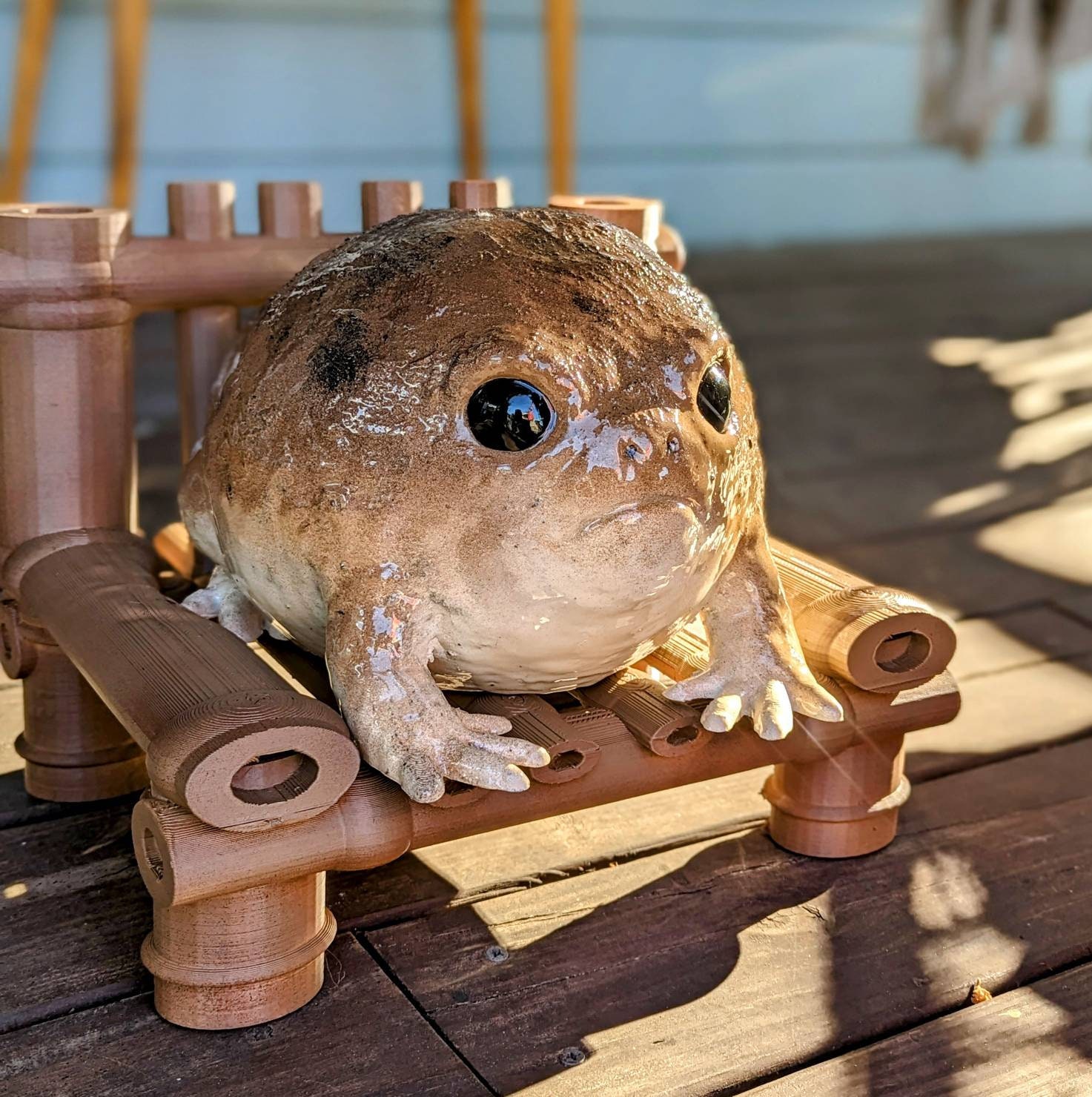Explore Rain Frog for Sale: Elevate Your Pet Game with a Unique Amphibian Pal!
Common Wellness Issues in Reptiles: Signs And Symptoms and Solutions
In the elaborate globe of reptile treatment, comprehending the common health issues that may affect these unique creatures is paramount in ensuring their health. From respiratory system infections that can calmly hold to metabolic bone illness that can incapacitate, reptiles are vulnerable to a variety of ailments that require eager observation and timely treatment. Whether it's facing parasitic invasions, navigating dehydration concerns, or addressing skin disorders that materialize in subtle means, being in harmony with the signs and geared up with the knowledge of reliable services is crucial for any type of reptile owner. By delving better right into the nuances of these wellness problems and exploring the sensible treatments available, one can guard the health and wellness and vitality of these interesting pets.
Breathing Infections
Respiratory infections in reptiles can substantially influence their overall health and wellness and require timely interest from knowledgeable vets. These infections are generally triggered by infections, microorganisms, or fungis and can manifest through signs such as hissing, nasal discharge, open-mouth breathing, and sleepiness. In reptiles, breathing infections can be specifically testing to diagnose and deal with as a result of their unique anatomy and physiology. Vets frequently depend on a mix of physical exams, analysis imaging, and research laboratory examinations to precisely determine the underlying cause of the infection.
Therapy for respiratory system infections in reptiles typically entails a mix of helpful care, such as keeping appropriate humidity degrees and temperature gradients in the unit, in addition to targeted medication to attend to the particular pathogen liable for the infection. It is vital for reptile owners to check their family pets carefully for any kind of indications of respiratory distress and look for veterinary treatment at the earliest indication of a problem. With timely treatment and appropriate therapy, numerous reptiles can recover completely from respiratory infections and return to normal tasks.

Metabolic Bone Condition
What factors add to the growth of Metabolic Bone Disease in reptiles?
Metabolic Bone Illness (MBD) in reptiles is largely created by an absence of appropriate calcium, phosphorus, and vitamin D3 levels in their diet plan. In addition, poor direct exposure to UVB light prevents reptiles from synthesizing vitamin D3, which is essential for calcium absorption and bone health and wellness.
Various other contributing elements to MBD include improper temperature slopes within the reptile's habitat, bring about decreased metabolic rate and damaged calcium absorption. Insufficient moisture degrees can additionally affect a reptile's capability to metabolize calcium successfully. Specific reptile species have specific dietary requirements that, if not fulfilled, can raise the probability of establishing MBD. Routine vet examinations, appropriate husbandry practices, and a well balanced diet plan are necessary to stop Metabolic Bone Disease in reptiles.
Parasitic Problems
Parasitic problems present a significant wellness risk to reptiles, influencing their overall health and requiring punctual veterinary interest. Reptiles can be influenced by different bloodsuckers, including termites, ticks, inner worms, and protozoa. These parasites can trigger a variety of signs, such as weight reduction, sleepiness, skin inflammation, diarrhea, and also death if left neglected.
One typical bloodsucker found in reptiles is the mite, which can create skin irritation, anxiety, and anemia. Ticks are an additional outside bloodsucker that can transmit illness and trigger discomfort to the reptile. Interior bloodsuckers like worms and protozoa can lead to digestion concerns, malnutrition, and deteriorate the reptile's body immune system.
To detect a parasitic invasion, a vet might execute fecal examinations, skin scrapings, or blood examinations. Therapy often involves deworming drugs, antiparasitic baths, or in extreme cases, hospitalization. Preventative actions such as normal veterinary examinations, appropriate hygiene, and quarantine treatments for brand-new reptiles can aid decrease the danger of parasitic infestations and make certain the wellness of reptile pet dogs.
Dehydration and Hydration Issues
Dehydration in reptiles can dramatically influence their health and well-being, demanding prompt intervention and appropriate hydration monitoring. If left without treatment, dehydration can lead to major health concerns and even be deadly to the reptile.
To stop dehydration, reptile owners need to make sure that their Read More Here animals have accessibility to tidy water in any way times. The water dish should be huge enough for the reptile to take in if needed, especially for varieties that absorb water with their skin. Additionally, keeping proper moisture degrees in the reptile's unit and giving regular bathrooms can help avoid dehydration.
In instances of dehydration, it is important to look for vet treatment without delay. A vet may provide fluids either orally or through injections to rehydrate the reptile. It is essential to attend to the underlying source of dehydration to prevent reappearance and ensure the reptile's general health.
Skin Disorders

Verdict

Breathing infections in reptiles best site can considerably affect their overall health and wellness and call for punctual focus from knowledgeable veterinarians (rain frog for sale). Preventative measures such as routine veterinary check-ups, appropriate health, and quarantine treatments for new reptiles can assist lessen the danger of parasitical problems and ensure the well-being of reptile pets
If left unattended, dehydration can lead to significant health problems and even be fatal to the reptile.
Regularly evaluating your reptile for any kind of adjustments in skin appearance, color, or structure can aid in very early discovery and therapy of skin conditions, advertising the general wellness and wellness of your scaly companion. - rain frog for sale
In conclusion, reptiles are prone to various health concerns such as breathing infections, metabolic bone condition, parasitical invasions, dehydration, and skin ailments.